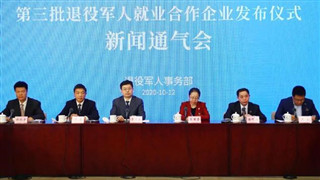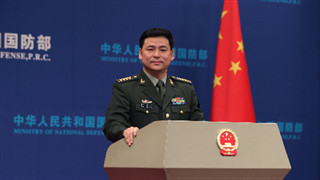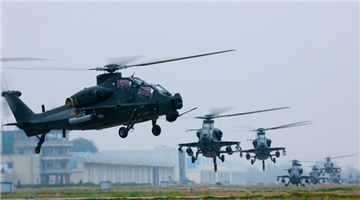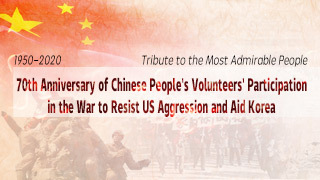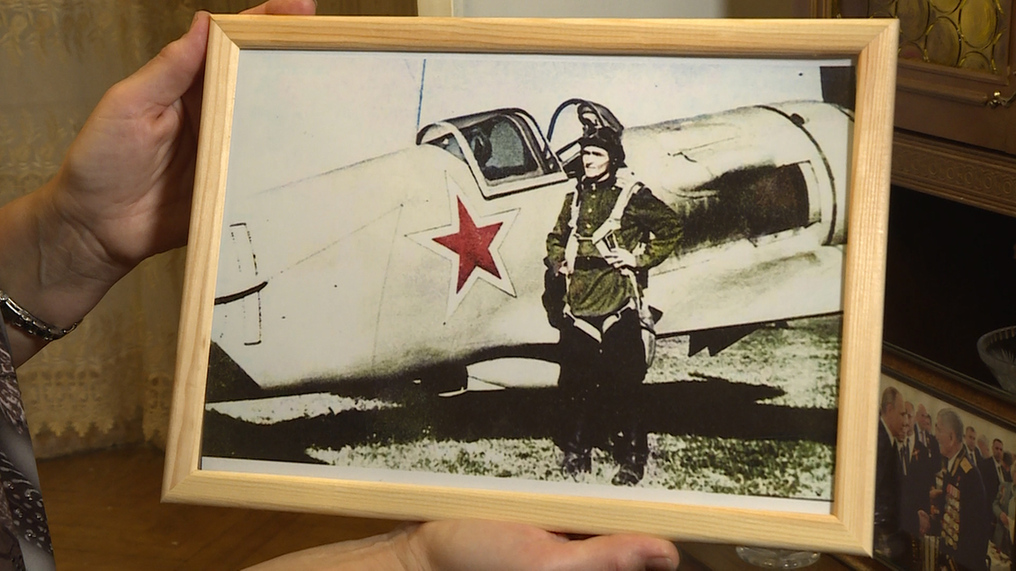
When the Soviet Union joined the fighting in the Korean War in 1951, its participation was top secret.
Officially, the Union of Soviet Socialist Republics (USSR) was only advising its communist allies China and the Democratic People's Republic of Korea (DPRK).
But Soviet leader Joseph Stalin sent air force units to support them, including Sergei Kramarenko, who had already made a name for himself as an ace in World War II.
The award of Hero of the Soviet was bestowed on him for his work on the Korean Peninsula.
His daughter Nadezhda remembers noticing the date of his award, 1951, and asking why it was given so long after World War II.
That was how she learned about the Korean conflict.
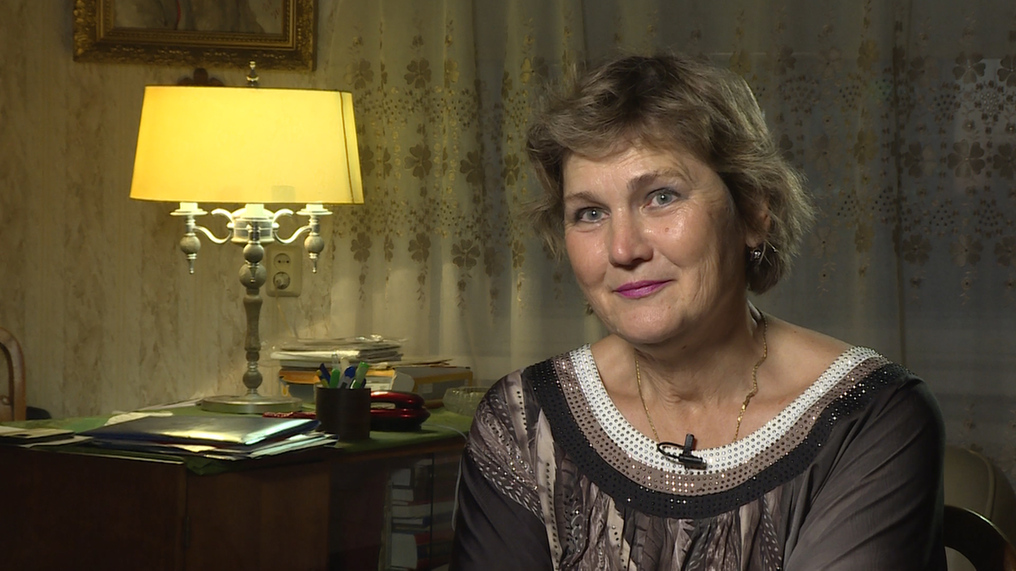
"I remember a clear episode when a writer came to our house. My dad wasn't at home. He said he wanted to write a book about my father and his participation in the Great Patriotic War. And I said, you know, dad didn't just fight in that war, but also in Korea. And the writer said, unfortunately, that war is classified and for now we can't talk about it," she recalled.
The true nature of Soviet participation was only revealed decades later.
Assigned to stop American bombardments, Sergei Kramarenko and his unit were deployed to China for training.
They had to mask their nationality in case of any interceptions from the Americans.
"Since, officially, the Soviet Union wasn't participating in the war, they gave them Chinese uniforms," Nadezhda Kramarenko explained.
"They went out as Chinese volunteers. They had Chinese uniforms and even Chinese names. They had to give commands not in Russian, but in Chinese because if they were intercepted in Russian, it would not have been good."
Nadezhda remembers being told about one of her father's greatest achievements in the Korean War, when Soviet pilots were overwhelmed by the Americans.
"The biggest accomplishment, probably, was on April 12, 1951 – Black Thursday as it was called – when there were around 40, no more than 50 of our men against more than 200 American fighters who were carrying out bombings on Korean territory," she said.
"Every commander that led a regiment raised the planes, and they headed towards each other. The Americans had an attitude of superiority. Nevertheless, our pilots won that battle. They shot down many planes. As my dad would recall, the whole sky was filled with parachutes. There was a big scramble. But our guys didn't lose a single plane or a single pilot."
Sergei Kramarenko flew his last mission in 1952, when he was shot down by an American pilot.
He survived and was found by a DPRK villager, returning to Moscow soon after.
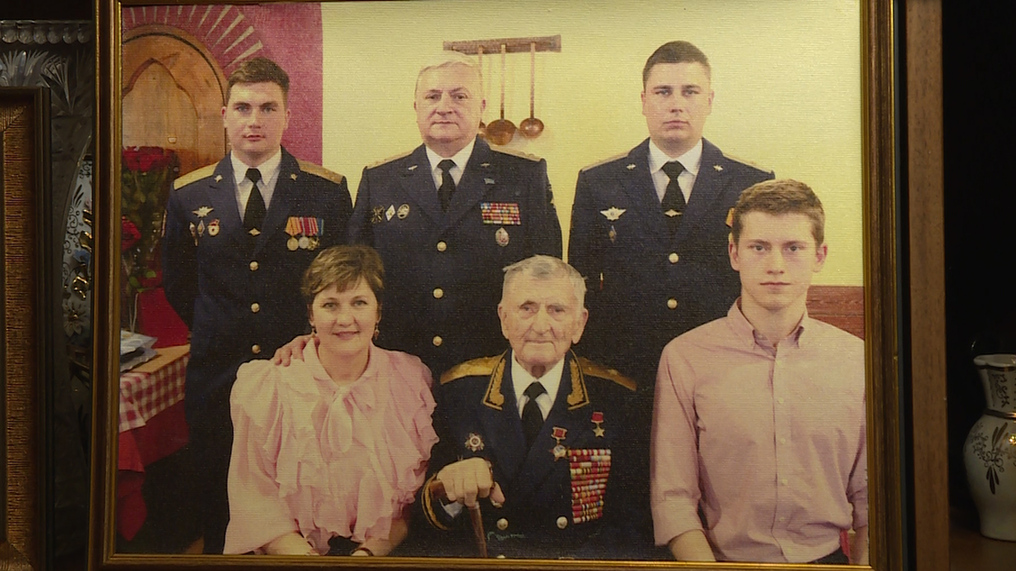
He lived a long life, to the age of 97. He died on May 21, 2020, during the COVID-19 pandemic.
Moscow, where he lived, was under strict lockdown, with residents prevented from so much as taking a walk.
He didn't see any family members in the final months of his life.
"I think that also killed him. He was such an active person; he was always on the move. But when you forbid someone from leaving their four walls, well, of course, it affected him terribly," his daughter said.
He contracted pneumonia twice in spring 2020, although his tests for the novel coronavirus came back negative.
Kramarenko never missed Moscow's now-annual Victory Day parade, where he was honored alongside other veterans of World War II.
His death was marked by a telegram bearing condolences from Russian President Vladimir Putin, whom he met several times.
?

